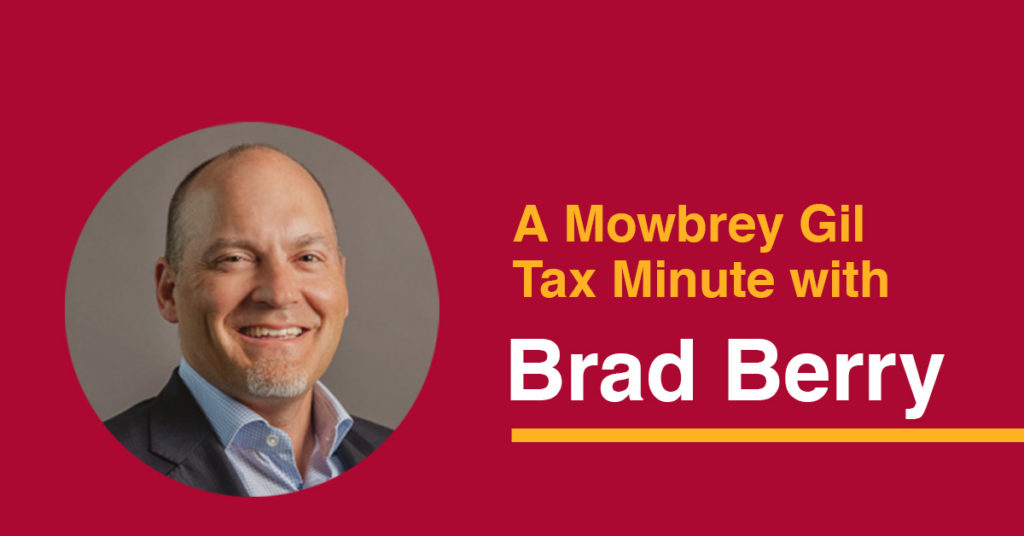News
Tax Minute – Federal Budget 2021

With less than two weeks’ notice before the Federal Budget, there was speculation and apprehension as to what was going to be delivered on April 7th. Some of the apprehension stemmed from the historic spending of the government in the preceding few years, plus there was uncertainty as to what, if any, impact the confidence-and-supply agreement between the Liberal and NDP Parties would have on the Budget.
With every reason to believe taxation was on the rise there was a sigh of relief from the middle-class owner manager who have been hit so hard since 2015 when there were no significant rate increases announced.
So, what was in the Budget? To list a few highlights:
Business tax
- The Small Business Deduction (SBD) taxable capital phase-out range was increased. For over 20 years the SBD was reduced where the combined taxable capital of a Canadian-controlled private corporation (CCPC) and all associated companies exceeded $10M, and was fully eliminated when taxable capital reached $15M. The upper threshold has now been increased to $50M, which is a pleasant surprise, though it is disappointing they didn’t recognize the impact of inflation on the lower limit which remains at $10M;
- New investment tax credits for carbon capture and clean technology;
- A continued assault on the oil and gas industry by eliminating flow-through of exploration or development expenditures while proposing a new 30% credit for renounced exploration expenses for minerals used to produce batteries and magnets;
- A promise to consult with stakeholders on amendments to legislation that was introduced in June 2021. This legislation currently allows for taxation of intergenerational transfers of qualified small business corporations on a basis that is consistent with an arm’s length sale of shares;
- A promise to amend legislation to prevent the change in status of a CCPC earning investment income. This will ensure the CCPC is subject to the refundable tax regime with initial taxes of approximately 50%, and ensure it cannot access the general corporation rate of approximately 25%. While this prevents the deferral of tax for CCPCs, public and non-resident corporations will continue to be taxed at the general corporate rate on the same investment income providing them with a continued competitive advantage;
- Additional consultations on a number of other areas that should be welcomed with respect to patents, rollover of small business investments, and employee ownership trusts;
Personal tax
- A proposed new Tax-Free First Home Savings Account, which would combine the deductibility of an RRSP with the tax-free withdrawal of a TFSA, intended to facilitate additional down-payment savings for first time homebuyers;
- An increase to the First-Time Home Buyers’ Tax Credit from $5,000 to $10,000, increasing the Home Accessibility Tax Credit from $10,000 to $20,000, and introducing the Multigenerational Home Renovation Tax Credit on expenditures of up to $50,000;
- Draft legislation is in the works to draw a line in the sand so that any residential property sold within 12 months of acquisition will be fully taxable, subject to certain exceptions;
- A deduction for up to $4,000 for eligible travel for eligible tradespersons and apprentices;
- The Medical Expense Credit has been expanded to include surrogacy expenses;
- And, of course, a plan to examine a new minimum tax targeting high income earners because apparently the existing minimum tax scheme isn’t enough.
Interestingly enough, the projected deficit for 2021-2022 has been revised down from $154 billion to $113 billion thanks to strong performances by the oil and gas sector and high inflation!
If you want more information on anything specific in the Budget, we are here to help. Please contact our office.
All Posts
